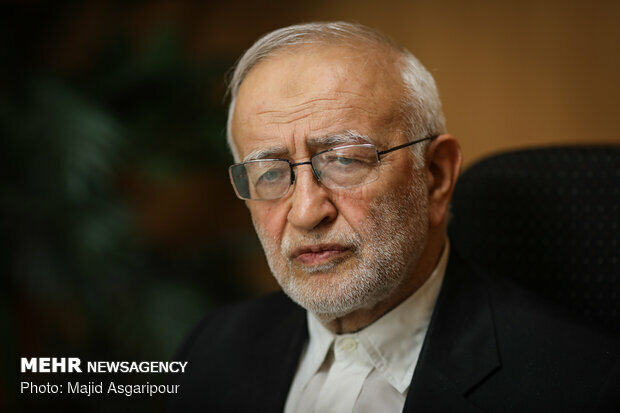‘I’ve grown concerned about accession to FATF’

TEHRAN – A member of the Expediency Council says while he used to be only uncertain about Iran’s accession to the Paris-based FATF, he has gradually become “concerned” about the move.
“We gradually became concerned… I myself was uncertain for long until the Europeans took a stance and said that we had to pass the bills,” Morteza Nabavi said, Mehr reported on Saturday.
In this way, he said, the Europeans interfered in Iran’s internal affairs.
Nabavi, a former lawmaker, further explained that as time passed, the arguments of “the concerned” – conservatives who have opposed joining the FATF and some other agreements including the 2015 nuclear deal –overcame other arguments.
Nabavi also criticized the European countries for failing to secure Iran’s interests under the nuclear deal, saying, “The Europeans not only didn’t do anything for Iran, but also expanded the sanctions and imposed new ones.”
The FATF announced on February 22 that Iran has until June to fix its anti-money laundering and terrorism financing rules or face increased international scrutiny of its banks.
In October 2018, the global watchdog had given Iran until February to complete an action plan of reforms that would bring it in line with global norms, or face consequences.
The FATF concluded at its February 22 meeting that “there are still items not completed” and said in a statement it “expects Iran to proceed swiftly in the reform path”, according to Reuters.
One of the actions Iran is required to take to appease the FATF is joining the United Nations Convention against Transnational Organized Crime (UNTOC), which is also called the Palermo Convention, a 2000 United Nations-sponsored multilateral treaty against transnational organized crime.
The other action is to ratify the CFT, the convention combatting financing of terrorism.
On October 7, 2018, the parliament voted in favor of the CFT. However, the oversight Guardian Council rejected the bill by finding 22 faults with it.
To become a law, the Guardian Council should vet the bill for compliance with the Constitution.
In cases when the parliament and the Guardian Council disagree on a bill, the issue is referred to the Expediency Council for final arbitration. The bill is now under study by the Expediency Council.
MH/PA
Leave a Comment